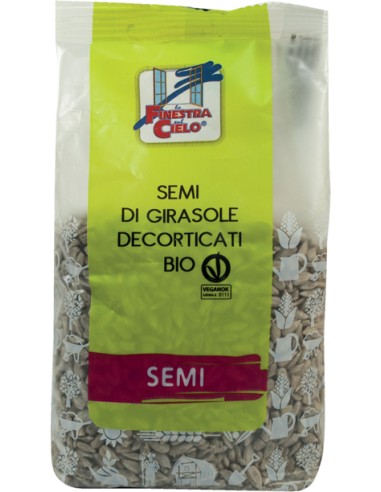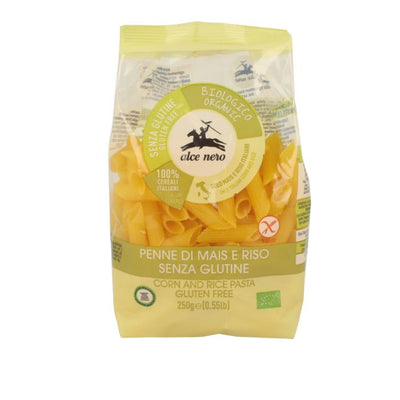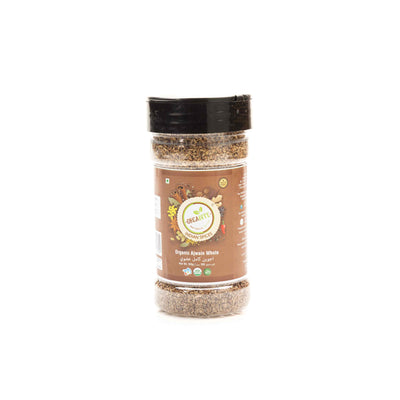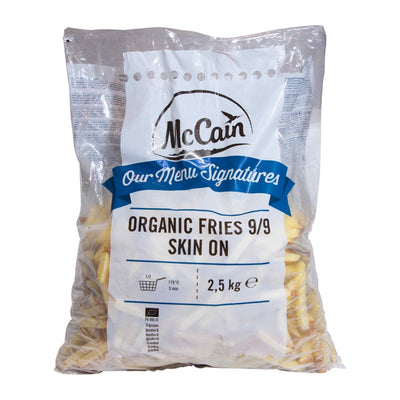What is the Difference Between Organic and Residue-free Farming?
Organic farming is a type of agriculture that involves growing crops using natural methods. Rather inorganic farming relies on synthetic pesticides and herbicides. Residue-free farming is a method that relies on techniques to remove all traces of pesticide and herbicide residues.
The main difference between organic and residue-free farming is
- Organic farming relies on natural methods to produce crops
- Residue-free farming employs methods to cut all traces of pesticides and herbicides.
Organic farmers use various methods to cut synthetic pesticides and herbicides,
- Crop rotation
- Cover crops
- Sustainable practices such as integrated pest management.
These methods help to keep the soil healthy and the plants free from pests and diseases. Farmers who practise residue-free farming use various techniques to prevent all traces. These techniques include
- Washing the crops,
- Using sophisticated testing methods to detect residues
- Selecting pesticides and herbicides that are less likely to leave residues.
The choice of go organic or residue-free farming depends on the farmer's preference and the type of crop being grown. Some crops are more likely to accumulate residues from synthetic pesticides and herbicides. For these types of crops, residue-free farming may be the best option.
Organic farmers believe their practices are better for the environment and human health. They claim that residue-free farming methods can increase pesticides and herbicides.
Organic products use natural pesticides and herbicides from the soil. Residue-free farmers counter that their methods are safe. They also believe that organic fertilizers can lead to increased soil contamination.
The debate between go organic and residue-free farming will continue for many years. Meanwhile, consumers must educate about the process used to produce their food.
How does organic farming work?

Organic farmers use many different processes to reduce the use of synthetic weed killers. Crop rotation is a common practice. This usually involves growing different crops in a field over several years. The other crops help to keep the soil healthy and reduce the chances of pests and diseases. Another standard method is cover crops. The cover crop helps to prevent weeds and improve soil quality. This involves planting a fast-growing crop, such as ryegrass, between rows of crops.
Many organic farmers also use sustainable practices such as integrated pest management. This usually involves various pest-control methods, such as natural predators, rotation and traps. These methods help to reduce the need for synthetic pesticides and herbicides.
Pros of both organic and residue-free farming:
Organic farming has many benefits. It benefits both the environment and human health. It also helps to keep the soil healthy and reduce the chances of pests and diseases. But, organic farming can be more expensive than residue-free farming.
Residue-free farming has many benefits. It is safer because all traces of pesticide and herbicide residues take out from the final product. It is also more efficient because it uses sophisticated methods to detect residues. But, residue-free farming can lead to higher levels of soil contamination.
The choice of organic or residue-free farming depends on the farmer's preference and the type of crop being grown. Some crops, such as fruits and vegetables, are more likely to accumulate residues. For these types of crops, residue-free farming may be the best option.
Cons of both organic and residue-free farming:


o Organic farming can be more expensive than residue-free farming.
o Residue-free farming can lead to higher levels of soil contamination.
o The debate between organic and residue-free farming will continue for many years. In the meantime, consumers need to be literate about the methods used to produce their food.
Why Residue Free Farming Gaining Ground?
The residue-free farming movement has been gaining popularity recently due to its many benefits. Residue-free farming is a type of agriculture that uses sophisticated methods to remove all traces. This ensures that the food is safe to eat and free of harmful chemicals.
There are many reasons why residue-free farming is taking off. One reason is that it is safer for human health. Exposure to pesticide and herbicide residues relates to various health problems. By removing these residues, residue-free farmers are helping protect their consumers' health.
Another reason residue-free farming is gaining popularity is that it is more efficient. Residue-free farmers use sophisticated techniques to detect residues. This helps them to avoid using more pesticides and herbicides than necessary. As a result, residue-free farming uses fewer chemical inputs, reducing agriculture's environmental impact.
Due to many benefits, residue-free farming is on the rise and is likely to continue gaining popularity in the years to come.
Why We Need to Prioritizing Residual Farming Over Organic Farming:
We need to focus on residue-free farming over go organic for the following reasons:
1. Residue-free farming is safer for human health. Exposure to pesticide and herbicide residues relates to various health problems. By removing these residues, residue-free farmers are helping protect their consumers' health.
2. Residue-free farming is more efficient than conventional methods. Residue-free farmers use sophisticated techniques to detect residues. This helps them to avoid using more pesticides and herbicides than necessary. As a result, residue-free farming uses fewer chemical inputs, reducing agriculture's environmental impact.
3. Consumers are becoming more aware of the importance of food safety. Recently, many high-profile food safety scandals have involved contaminated products. These incidents have made consumers more cautious about their food, leading to a demand for residue-free products.
4. Residue-free farming is more sustainable than organic farming. Organic farming relies on chemical fertilizers. That chemical fertilizers can pollute the environment and deplete the soil of nutrients. Residue-free agriculture uses sophisticated methods to recycle nutrients and minimize waste. This makes it a more sustainable option in the long run.
Although organic and residue-free farming has their benefits. We must focus on residue-free farming to protect our health, reduce environmental impact, and ensure food safety.
Bottom Line:
Residue-free farming uses sophisticated methods to remove all traces of pesticides and herbicides. This ensures that the food is safe to eat and free of harmful chemicals. Residue-free farming is gaining popularity due to its many benefits. Its safety for human health, efficiency, and sustainability.












